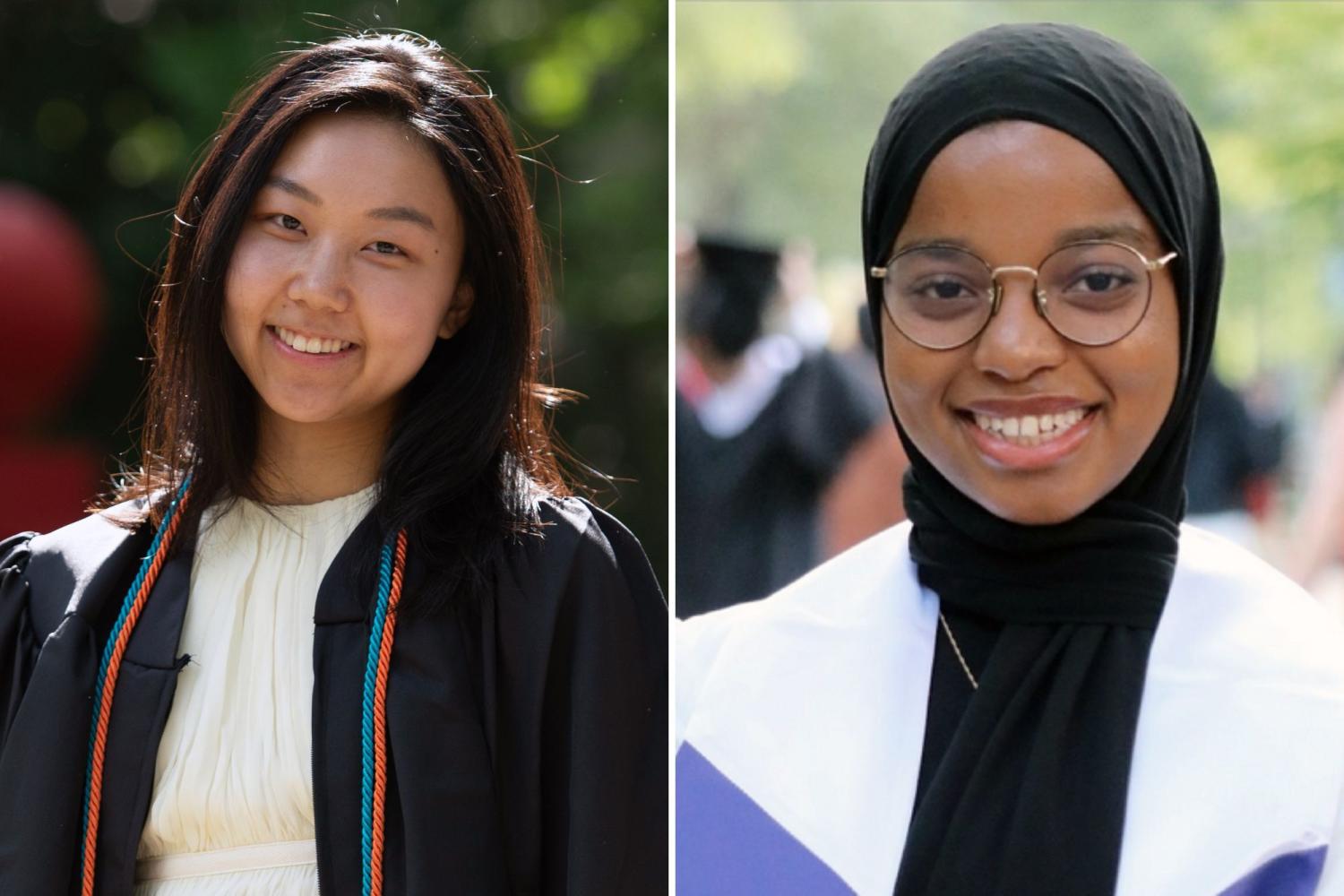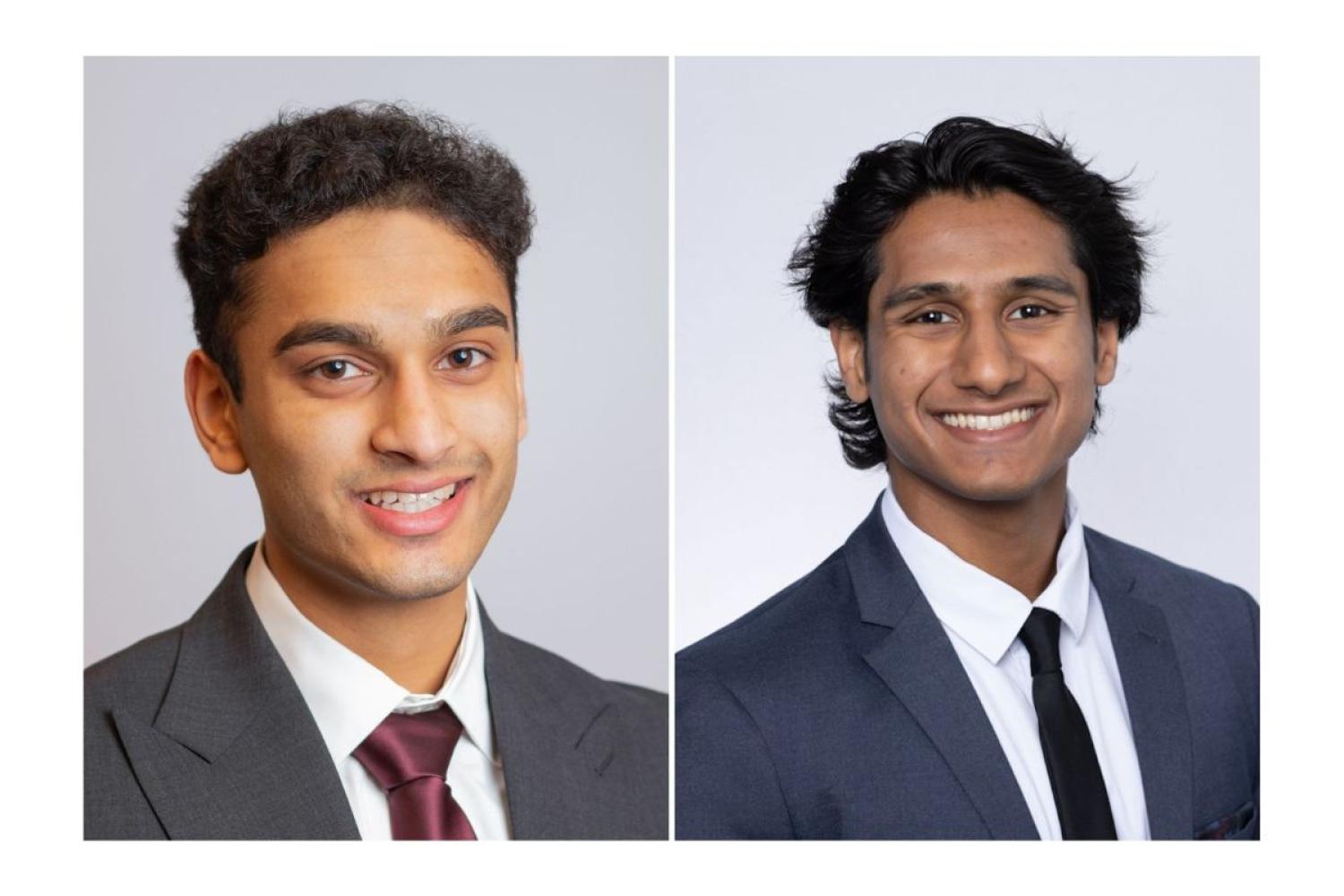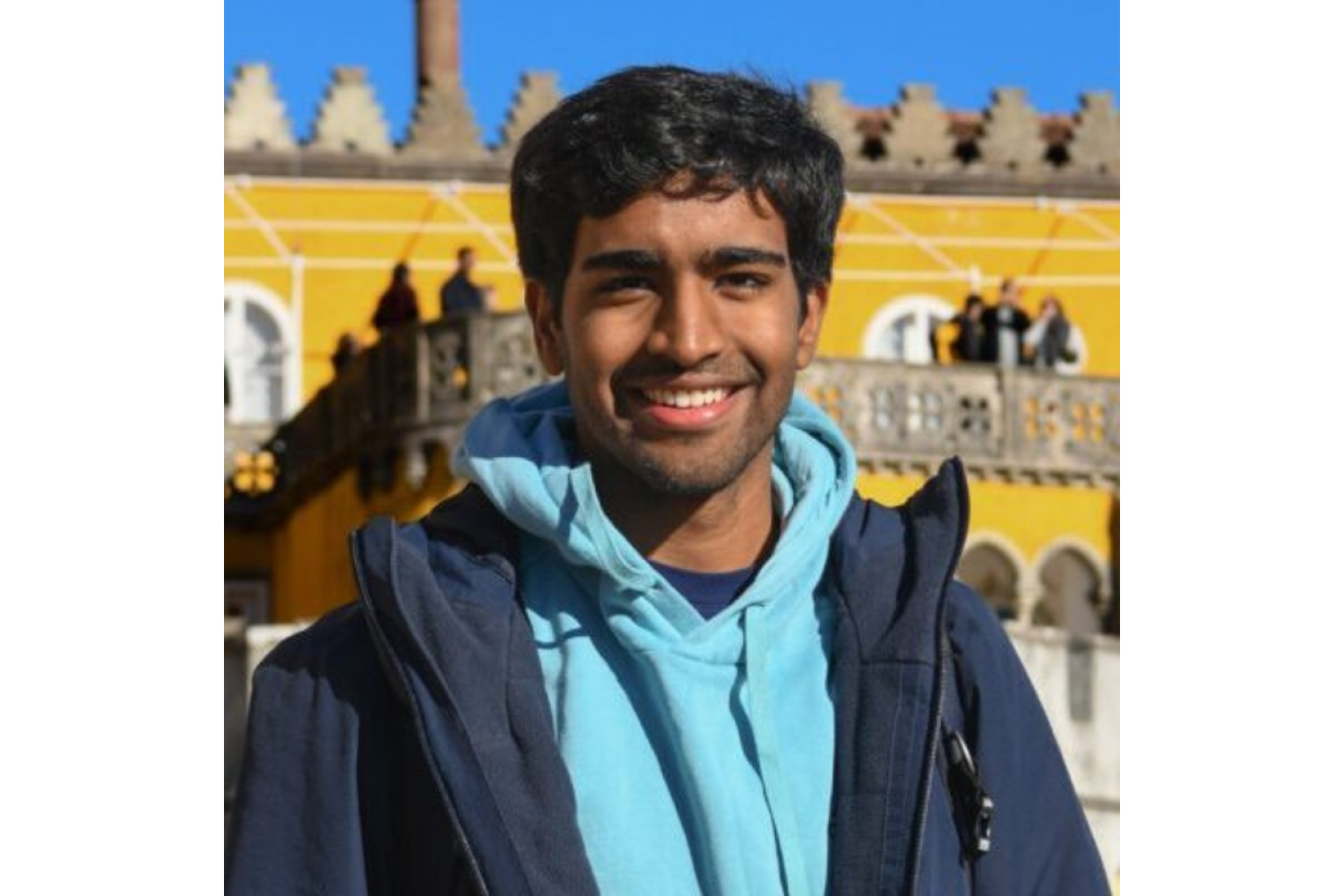I’ll do my best to avoid the clichés of study abroad blog writing, but I can’t resist succumbing briefly. Before applying to the Thouron, my memories abroad were limited to hazy recollections of a week in Italy with my family. Excluding an even earlier trip to the Grand Canyon, my domestic travels were equally limited. Against this backdrop of experience, London was a thoroughly exotic destination.
[[{"fid":"657","view_mode":"default","fields":{"format":"default","field_file_image_alt_text[und][0][value]":"Peter Bryan on a hike","field_file_image_title_text[und][0][value]":false,"field_folder[und]":"1"},"type":"media","field_deltas":{"1":{"format":"default","field_file_image_alt_text[und][0][value]":"Peter Bryan on a hike","field_file_image_title_text[und][0][value]":false,"field_folder[und]":"1"}},"attributes":{"alt":"Peter Bryan on a hike","style":"width: 300px; height: 224px; margin: 4px; float: left;","class":"media-element file-default","data-delta":"1"}}]]My time here has been absolutely wonderful. I live in central London, a few hundred paces from the British Museum, in international student accommodations. Within the classroom, I’ve studied alongside brilliant peers from around the world; outside, I’ve had the chance to explore a bit of the world myself. I landed without knowing anyone in London, but I will leave with many bittersweet goodbyes.
To stop myself from waxing lyrical for the entirety of the post, I’ll break to provide some quick background on the Thouron Award and supply my motivations in applying for it. The scholarship offers University of Pennsylvania students the opportunity to study at an institution in the United Kingdom, and reciprocally, offers students from the UK a chance to study at Penn. The obvious appeal of the award is the funding: full tuition and a significant living stipend. The sum of money provided is more than sufficient for comfortable living and leaves plenty for European travel, an expected indulgence.
The details of the award perfectly complemented my graduate interests. As an undergraduate, I studied cognitive science with a concentration in neuroscience. Over the course of my degree, I realized that I was more interested in the computational aspects of neuroscience and would need more computer science experience to get a research position. I was sure I wanted to pursue some sort of graduate program, but I was not prepared to dedicate myself to a four-year PhD program and couldn’t justify the costs of a two-year MSc program stateside.[[{"fid":"658","view_mode":"default","fields":{"format":"default","field_file_image_alt_text[und][0][value]":"Dublin Cathedral","field_file_image_title_text[und][0][value]":false,"field_folder[und]":"1"},"type":"media","field_deltas":{"2":{"format":"default","field_file_image_alt_text[und][0][value]":"Dublin Cathedral","field_file_image_title_text[und][0][value]":false,"field_folder[und]":"1"}},"attributes":{"alt":"Dublin Cathedral","style":"width: 300px; height: 225px; margin: 4px 3px; float: right;","class":"media-element file-default","data-delta":"2"}}]]
My interest in a year of free graduate studies abroad likely requires little explanation to any readers this far into a CURF blog post. The communal aspects of the Thouron Award, however, are probably less obvious to the applicant — they certainly were to me. In my opinion, the most remarkable feature of the scholarship is the sense of community among those who have been selected. The Thouron Award has extended its generosity on both sides of the Atlantic since the 1960s, and the result is an enormous community of passionate individuals who share their Thouron experiences abroad. Whenever possible, the Thouron family encourages past recipients to attend group events — interview days, dinners, holidays, etc. — which allow for socializing among the present awardees, both British and American, as well as previous winners. Whenever I find myself in the same city as one of the Thouron winners, past or present, I know there is good company to be had and a place to stay if I need it. Even while applying, you will feel the genuine support of everyone participating: they all wish for your success.
Peter Barrett Bryan (SAS '16) began his MSc in computer science at UCL in September 2016. Before beginning his master's, he was an undergraduate in Cognitive Science with a focus on research in spatial cognition: the study of how humans and other animals find their way around the world. He is interested in careers in software engineering, machine learning, and cognition research.
The views expressed in contributed blog posts belong solely to the indicated author and do not necessarily respresent those of the Center for Undergraduate Research & Fellowships or those of the University of Pennsylvania.
Related Articles

Two Penn alums named 2025-26 Schwarzman Scholars
Chuanyuan Liu and Habib Salim are members of Penn’s Class of 2023.
Two fourth-year students chosen as 2025 Marshall Scholars
Tej Patel and Sridatta Teerdhala are both in the Roy and Diana Vagelos Program in Life Sciences and Management, a dual degree in the College of Arts and Sciences and the Wharton School.